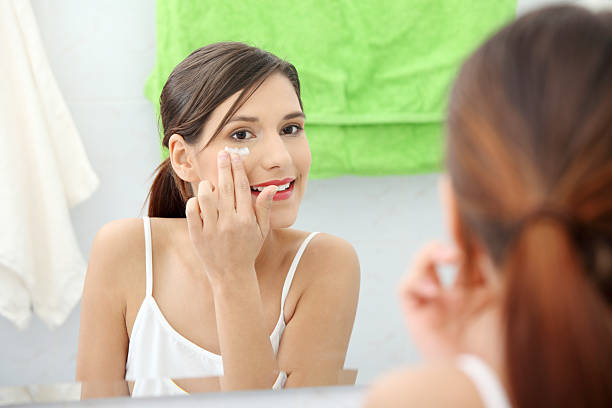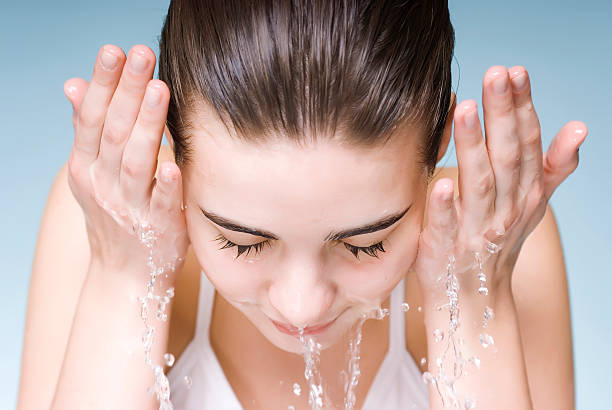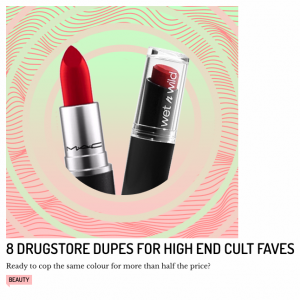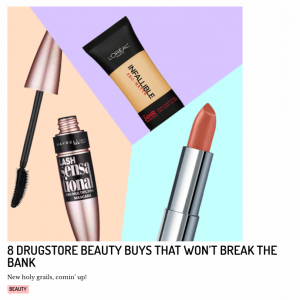Just because you heard a friend say it, doesn’t make it true!
Your skin should be treated with utmost care so it’s important to do some scientific research before buying a particular product or sticking to a certain regimen.
Here are skincare myths that are doing more damage to your skin than good.
“Putting toothpaste on zits will make them disappear”
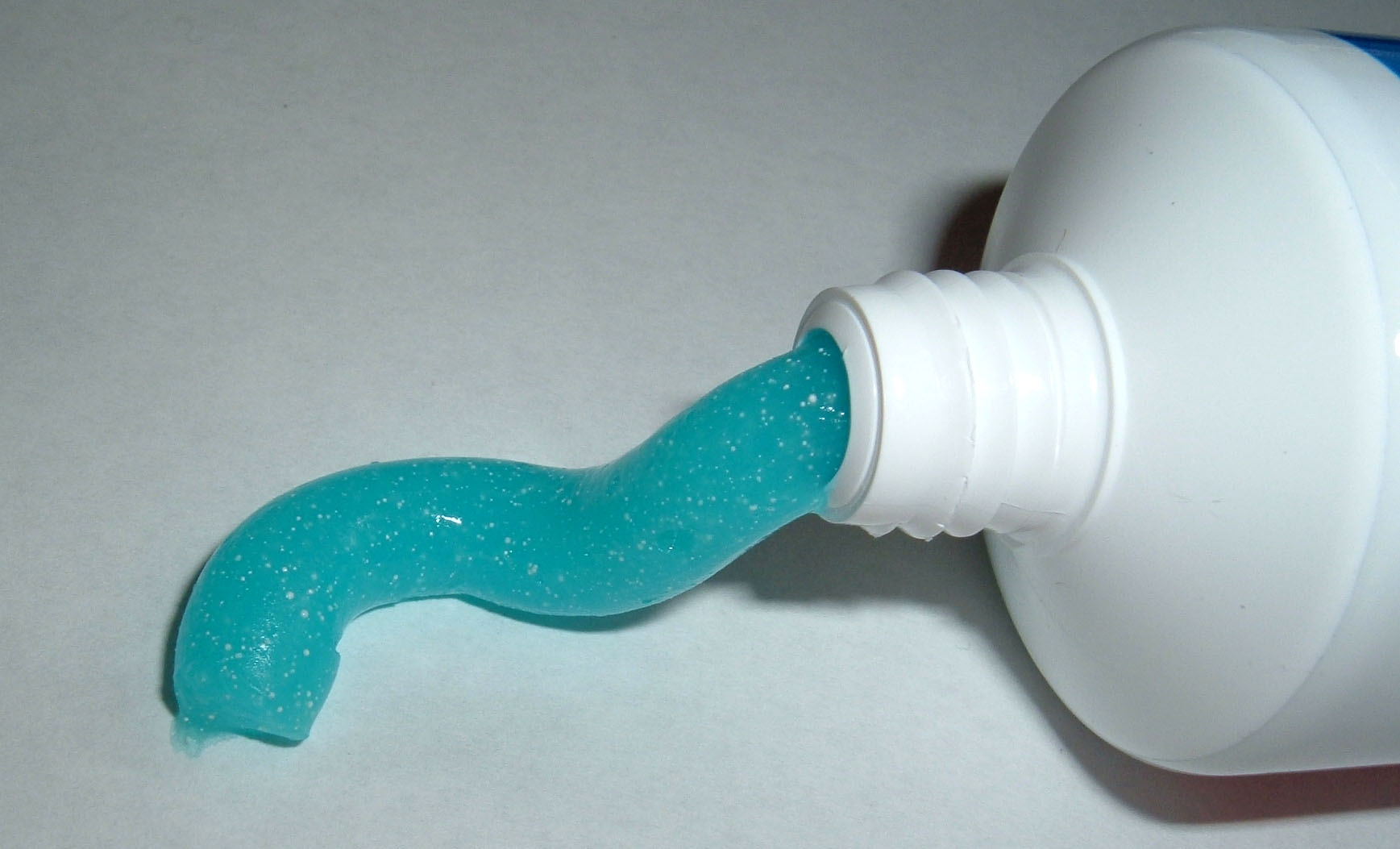
Source: Commons Wikimedia
Though the hydrogen peroxide in toothpastes can temporarily lower the virus levels on skin upon application, there is no other scientific evidence that suggests it will cure a pimple. Toothpastes can have a bunch of ingredients that can cause irritation so it’s best to ditch this home remedy.
“Putting lemon in your DIY face masks gives you glowy skin”

Source: Commons Wikimedia
Though lemon juice has exfoliating properties, it is very acidic. It has a pH level of 2.0, which is too low and throws off your skin’s natural pH balance. Bad bacteria thrives more in an environment with unbalanced pH, so it may even cause acne.
“You don’t need moisturizer if you have oily skin”
Source: iStock
People on the oilier side tend to skip the moisturizer thinking it will just make them more oily. However, using harsh cleansers and foregoing moisturizer can actually result in more sebum production.
“If you have oily skin you need to wash it more”
Source: iStock
Washing your face more than twice a day is too much and can actually dry out your skin. This then prompts your skin to produce more oil to compensate for the dryness. Instead, use a gentle facial brush to thoroughly scrub your face.
“You don’t need sunscreen if you’re just inside all day”

Source: Freepik
Wrong! If you’re inside where there are windows, you still need SPF. Glass windows only block UVB rays, not UVA which is what speeds up skin aging and melanoma risks.
Wear sunscreen religiously, preferably those that have both UVA and UVB protection. Ingredients that can protect you against UVA are zinc oxide, titanium oxide, and avobenzone so make sure to look for these when purchasing sunscreens.
Looking for a more earth-friendly alternative? Check out these sunscreens that won’t harm the corals!
Featured photo from Erin Yamagata
Liked this post? Follow The Girl on TV on Facebook and @thegirl_ontv on Instagram for more!
